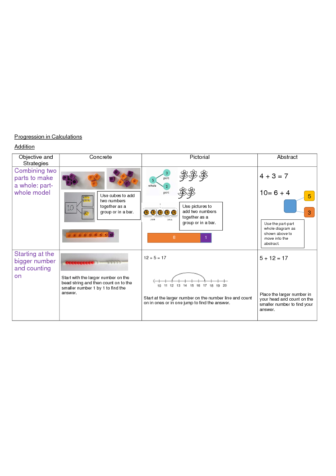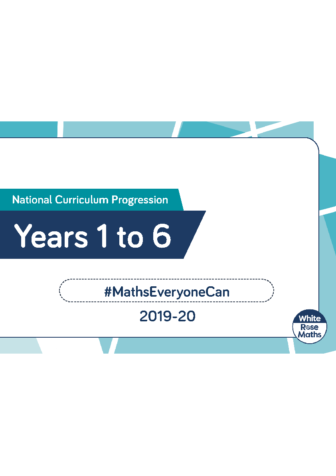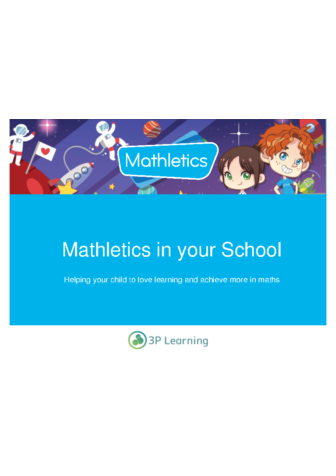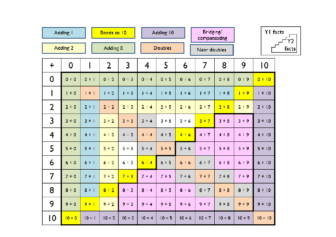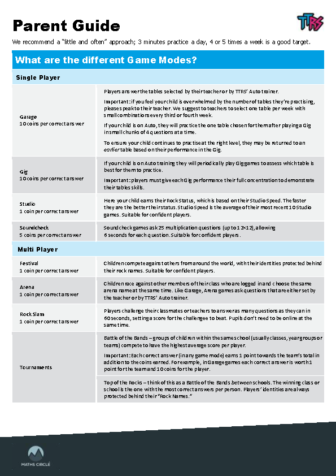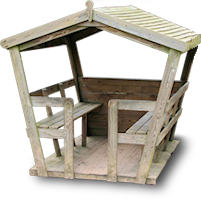Intent
Through our maths mastery teaching at the St Thomas a Becket Federation, our intent is for all children:
- To enjoy the subject and develop a secure and deep understanding of fundamental mathematical concepts and procedures.
- To develop vital life skills, a growth mindset and positive attitude towards maths.
- To have confidence and proficiency with number and mental calculation,
- To be problem solvers, who can reason, think logically, work systematically and apply their knowledge of maths to a range of situations, both in maths and across the curriculum.
- To make sustained progress through the EYFS and National Curriculum in mathematics.
Implementation
- We follow the White Rose scheme of work, supplemented by other resources such as Nrich, NCETM and Power Maths, which creates continuity and progression in the teaching of mathematics through the progression of small steps in each mathematical topic. By using a range of mathematical resources, our teachers are able to tailor the teaching of mathematical topics to their specific classes, which feature a mixture of abilities and curriculum year groups.
- Fluency plays an important part in the mastery of mathematical concepts. In EYFS and KS1, children spend time ‘getting to know’ numbers, exploring topics such as counting and subitising to understand how numbers can be made in different ways. By the end of Key Stage one, children are expected to memorise key addition and subtraction facts. These are practised regularly in class, with children also having the online platform ‘Numbots’ to use for further practice. As children move into Key Stage 2, they continue to work on memorising key facts such as times tables, again through regular practice and the use of TT Rock Stars. This means that they are able to concentrate on operational concepts rather than spending time recalling number facts.
- Each day begins with an ‘Early Bird Maths’ session during pupil registration, which gives children extra chance to practice calculation skills, thereby improving the automaticity of their calculation methods.
- Concrete manipulatives and pictorial representations are used to support conceptual understanding and to make links across topics before moving on to abstract representations of mathematics.
- Teachers make good use of both formative and summative assessments to identify next steps in the learning of all children, both within lessons and in future lessons.
- Daily maths lessons are engaging and challenging for all children through the skilful use of teacher modelling, guided questioning and independent work.
- Challenging tasks involving reasoning and problem solving are used in each maths lesson for all children with children being given regular opportunities to discuss their thinking and observations with peers and adults.
- All children, including those with SEND are supported in lesson through the ‘5 a day’ principle from the Education Endowment Foundation (EEF). High quality teaching in Maths lessons includes strategies from the five main areas of high quality teaching, as explained by the EEF: explicit instruction, cognitive and metacognitive strategies, scaffolding, flexible grouping, and the use of technology.
- Online platforms such as Times Table Rock Stars are used to enable children to continue to develop their understanding both in school and at home.
- Assessments and Question Level Analysis documents help to identify areas of the curriculum for each year group that need to be fed into future planning sequences.
- Through the use of both formative and summative assessment, children who are making slower progress are identified and supported in class, as well as through intervention sessions, by teachers, teaching assistants and external maths specialists.
Impact
- Children demonstrate quick recall of facts and procedures. This includes the recollection of times tables and number bonds/facts.
- Children are able to use their fluent mathematical skills to reason about maths and solve a variety of problems.
- Children are able to discuss their mathematical thinking with each other and with adults in class.
- Children show resilience when faced with challenging tasks.
- Children show a high level of pride in the presentation and understanding of the work, and a high level of engagement in mathematics.
- Children are able to apply their mathematical skills in other areas of the curriculum, for example in science and geography.
- Children understand the relevance and importance of what they are learning in relation to real world concepts.
The impact of our maths curriculum will be measured through:
- Moderation and standardisation at school, Federation and Alliance level.
- The use of key documents from the National Curriculum
- The use of official Maths exemplification materials to assess maths.
- The use of TT Rock Stars to assess pupils’ fluency in times tables.
- Regular learning visits by senior leadership, subject leaders and school governors.
- Standardised tests from Year 1 to Year 6 (three times a year).
- Informal end of unit assessments

